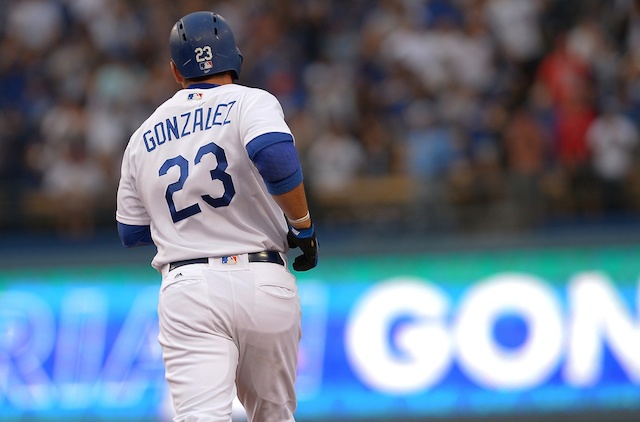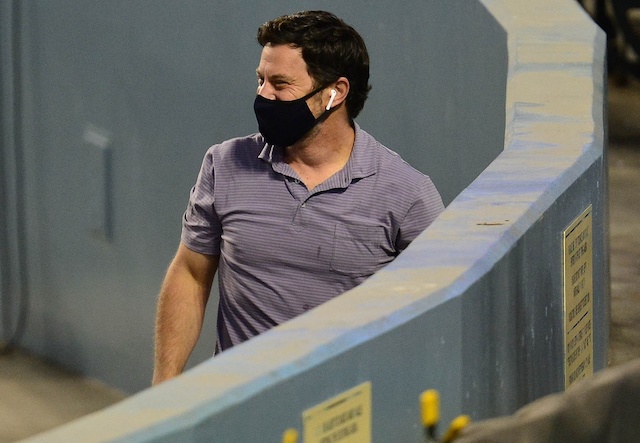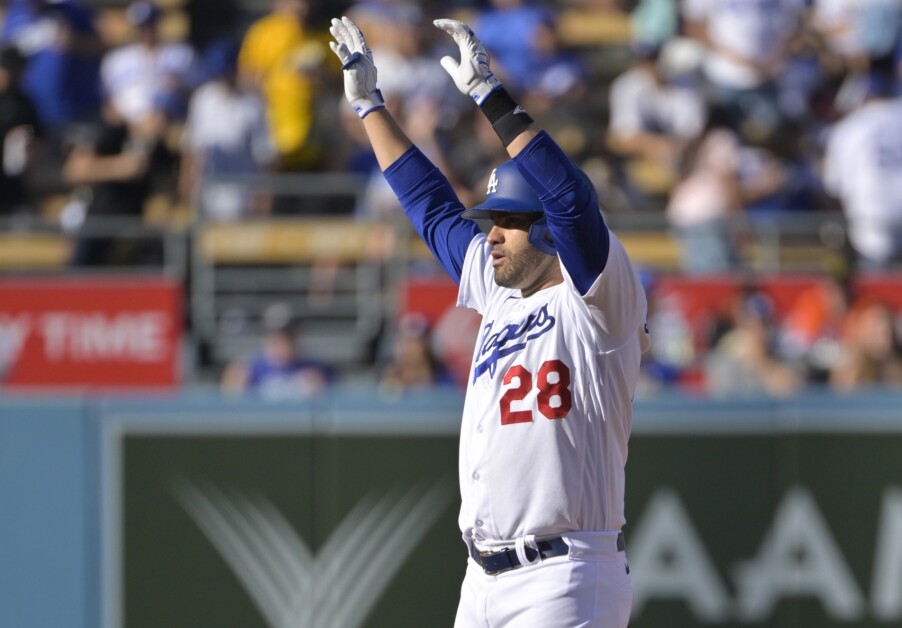This day in Los Angeles Dodgers history saw Steve Howe named the winner of the 1980 National League Rookie of the Year Award. That extended the Dodgers’ Rookie of the Year streak to two in a row, as Rick Sutcliffe took home the award in 1979.
More Dodgers Rookie of the Year winners followed with Fernando Valenzuela (1981) and Steve Sax (1982) before the streak was snapped by the New York Mets’ Darryl Strawberry.
Howe received 12 first-place votes and 80 points overall to easily finish ahead of the Montreal Expos’ Bill Gullickson, who had five first-place votes and 53 points.
Lonnie Smith of Philadelphia Phillies rounded out the group of finalists and top-three finishers with four first-place votes and 49 total points.
Howe was selected by the Dodgers out of the University of Michigan with the 16th overall pick in the 1979 MLB Draft. He remained with the team for parts of five seasons and overall had a 12-year MLB career.
Howe went 7-9 with 17 saves, a 2.66 ERA and 1.24 WHIP across 56 relief appearances during his Rookie of the Year season. Howe’s 17 saves were an all-time Dodgers rookie record until being broken by Yhency Brazoban during the 2005 season.
Overall with the Dodgers, the left-hander was 24-25 with 59 saves and a 2.35 ERA in 231 games. The Dodgers released Howe in July of the 1985 season and he signed with the Minnesota Twins just over one month later.
Howe additionally pitched for the Texas Rangers (1987), New York Yankees (1991-1996) to finish out his career.
Dodgers luxury tax bill
After finishing the 2015 season with the largest payroll in MLB history at $298.3 million, the Dodgers paid the largest luxury tax bill ever at $43.7 million.
The previous luxury tax bill record belonged to the Yankees, who paid $34.1 million in 2005.
The 2015 Dodgers payroll ballooned due to a landmark trade with the Boston Red Sox, and because of salaries being paid to players who were not part of the team. By July of that season the Dodgers were paying just over $85 million to players no longer on the roster.
Furthermore, it marked a third consecutive season in which the Dodgers exceeded the competitive balance tax threshold. As such, they were charged a 40% tax rate for the amount they were over the $189 million threshold.
Have you subscribed to the Dodger Blue YouTube channel? Be sure to ring the notification bell to watch player interviews, participate in shows and giveaways, and stay up to date on all Dodgers news and rumors!









